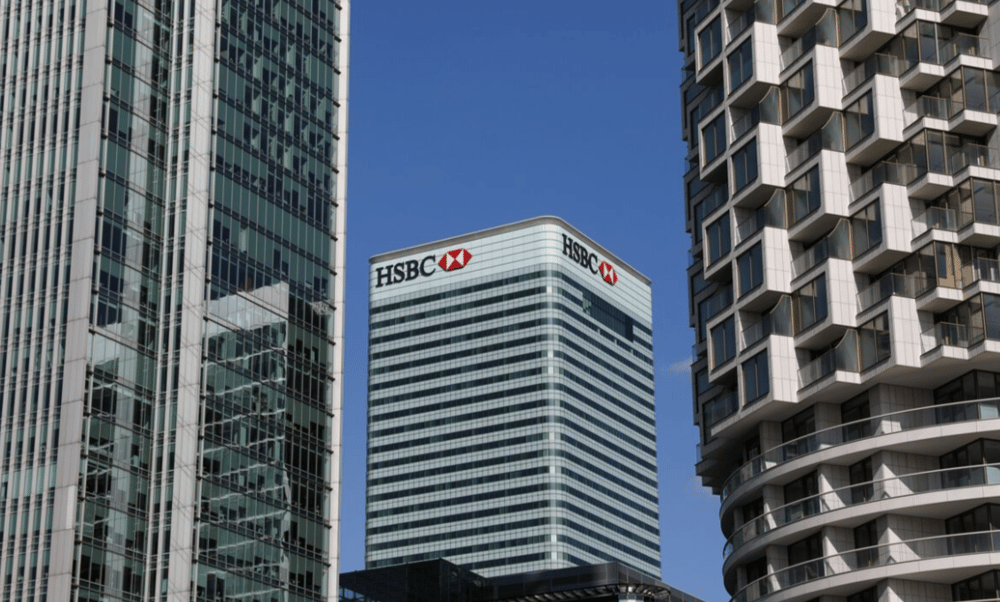HSBC Cuts S&P 500 Forecast to 5600 Amid Growth Fears and Tariff Headwinds
In a significant revision that underscores deepening concerns about the U.S. economic outlook, HSBC $HSBC has slashed its year-end forecast for the S&P 500 Index $^SPX to 5600, joining a growing chorus of global brokerages lowering expectations for the benchmark equity gauge. The London-based financial institution cited mounting pressures on corporate earnings, an increasingly fragile growth backdrop, and persistent tariff-related uncertainties as key reasons behind the downgrade.
The adjustment brings HSBC’s projection in line with that of BofA Global Research, highlighting a broad shift in sentiment as Wall Street reassesses risk in a climate of rising costs and economic stagnation.
A Shifting Tide in Market Sentiment
HSBC’s latest outlook reflects a cautious stance on both macroeconomic and policy fronts. While U.S. equities have shown resilience throughout much of the year, strategists now warn that optimism may be running ahead of fundamentals. The revised target of 5600 suggests muted upside potential from current levels, particularly as companies grapple with rising input costs and margin compression.
Major downside catalysts include:
Slower GDP growth in the U.S., with forward-looking indicators pointing toward weakening consumer and industrial activity.
Tariff-related cost pressures weighing on corporate profits across multiple sectors.
Stagflation risks, with inflation remaining sticky while growth cools.
Federal Reserve policy tightening, which continues to reduce liquidity in financial markets.
Geopolitical friction, particularly around global trade dynamics, further dampening investor confidence.

Warning Signs Flashing Across the Board
Strategists at HSBC noted that the market could remain range-bound in the near term, fluctuating between recessionary fears and inflation concerns. This tug-of-war may prevent the S&P 500 from gaining further ground until there is clearer evidence that either the Federal Reserve will ease monetary conditions or trade-related disruptions begin to subside.
Other contributing pressures include:
Slower earnings growth momentum in Q2 and Q3
Deterioration in leading economic indicators
Sector-specific headwinds in manufacturing and technology
Declining business investment and capital expenditure
Rising volatility in bond and currency markets
Despite a backdrop of solid job numbers and strong consumer balance sheets, the broader corporate earnings environment is becoming increasingly fragile.
Outlook: No Quick Fix on the Horizon
HSBC’s downgrade is notable not only for its timing but also for its tone. Unlike some forecasts that hedge on central bank stimulus or a rebound in global trade, the bank’s analysts emphasize structural risks that may persist well into 2025.
As long as tariffs continue to distort pricing and supply chains—and as long as the Federal Reserve maintains a restrictive stance—markets are likely to remain under pressure. Until these headwinds begin to ease, valuations may struggle to justify previous bullish assumptions.















Comments
This downgrade is a sobering reminder that economic stability hangs by a thread in these tumultuous times.
Decisive actions like these might set new benchmarks in a rapidly changing tech environment